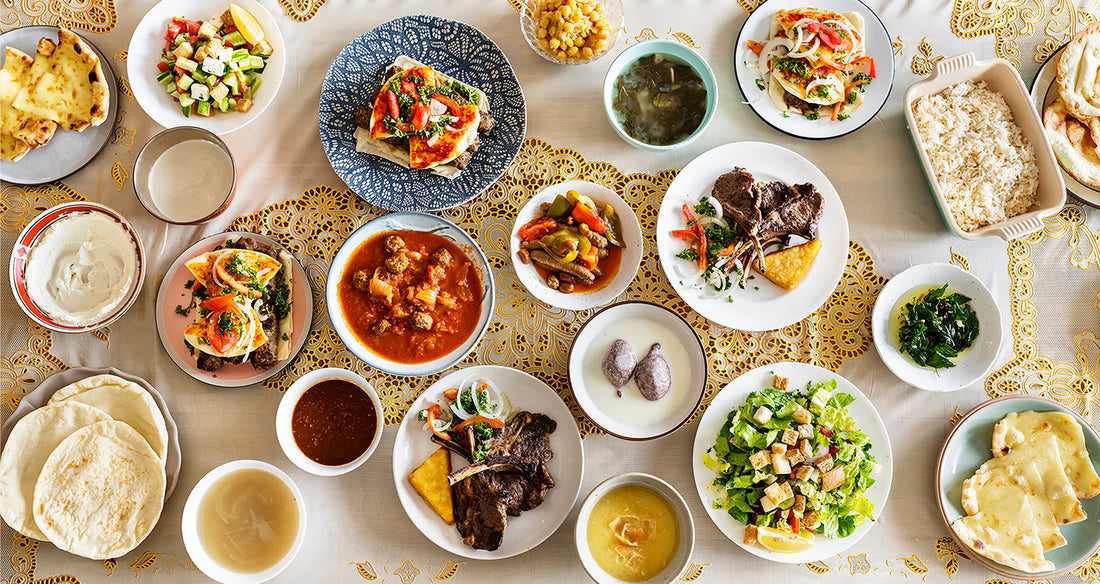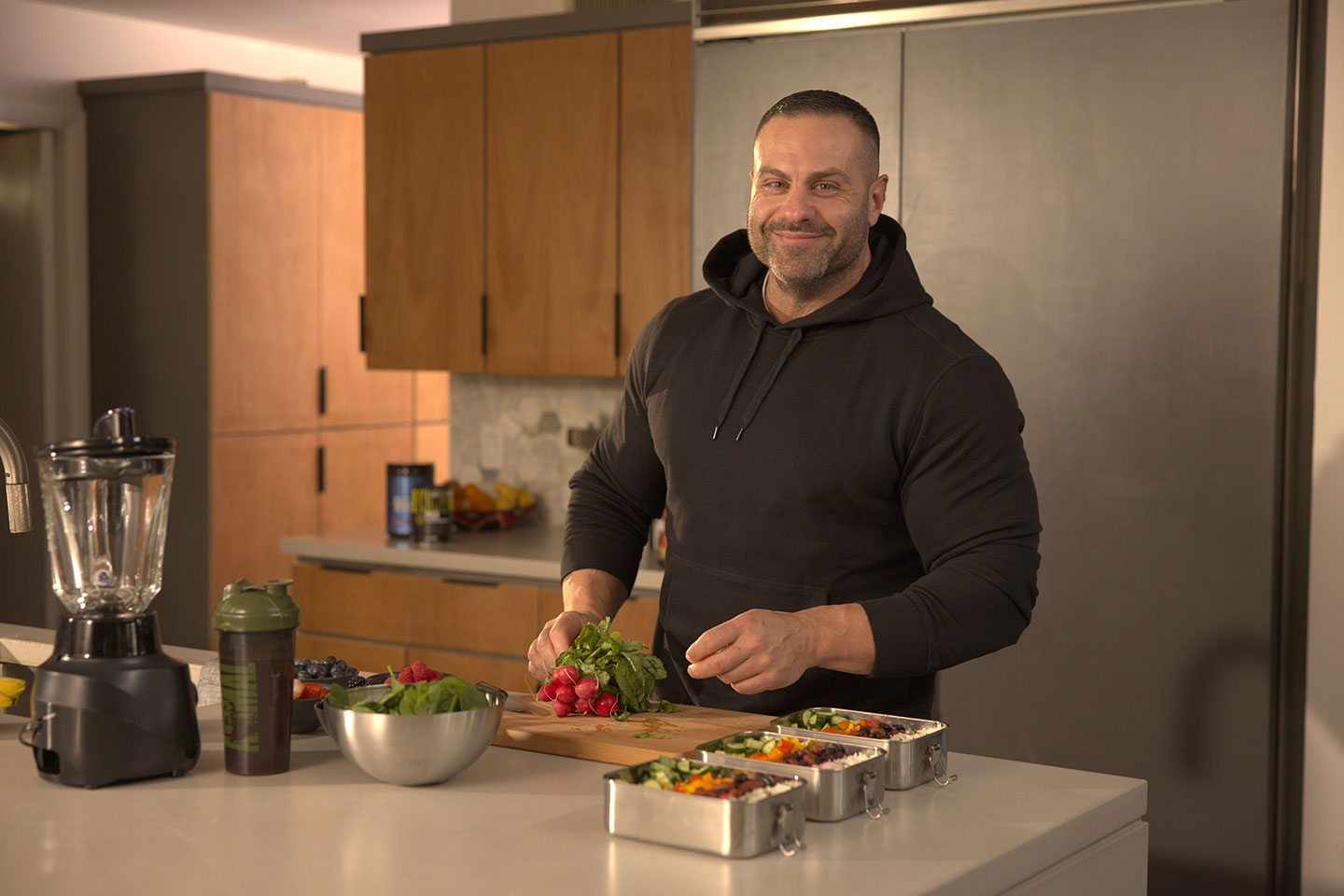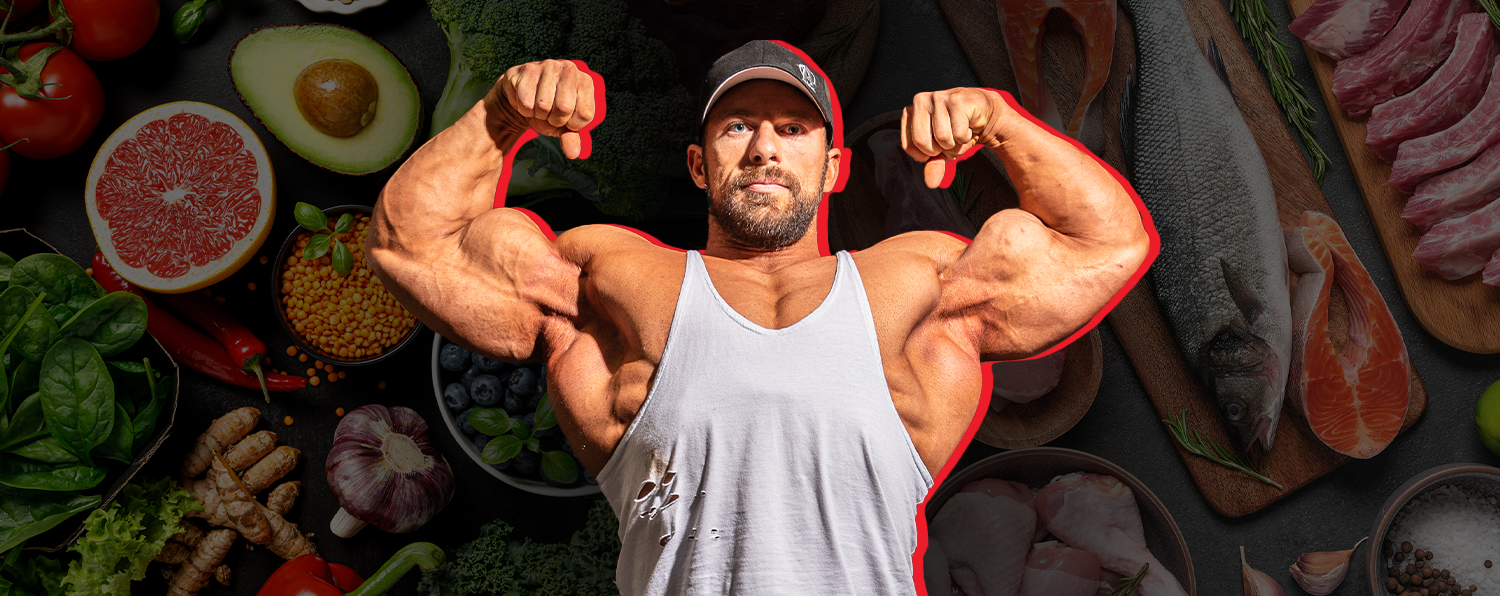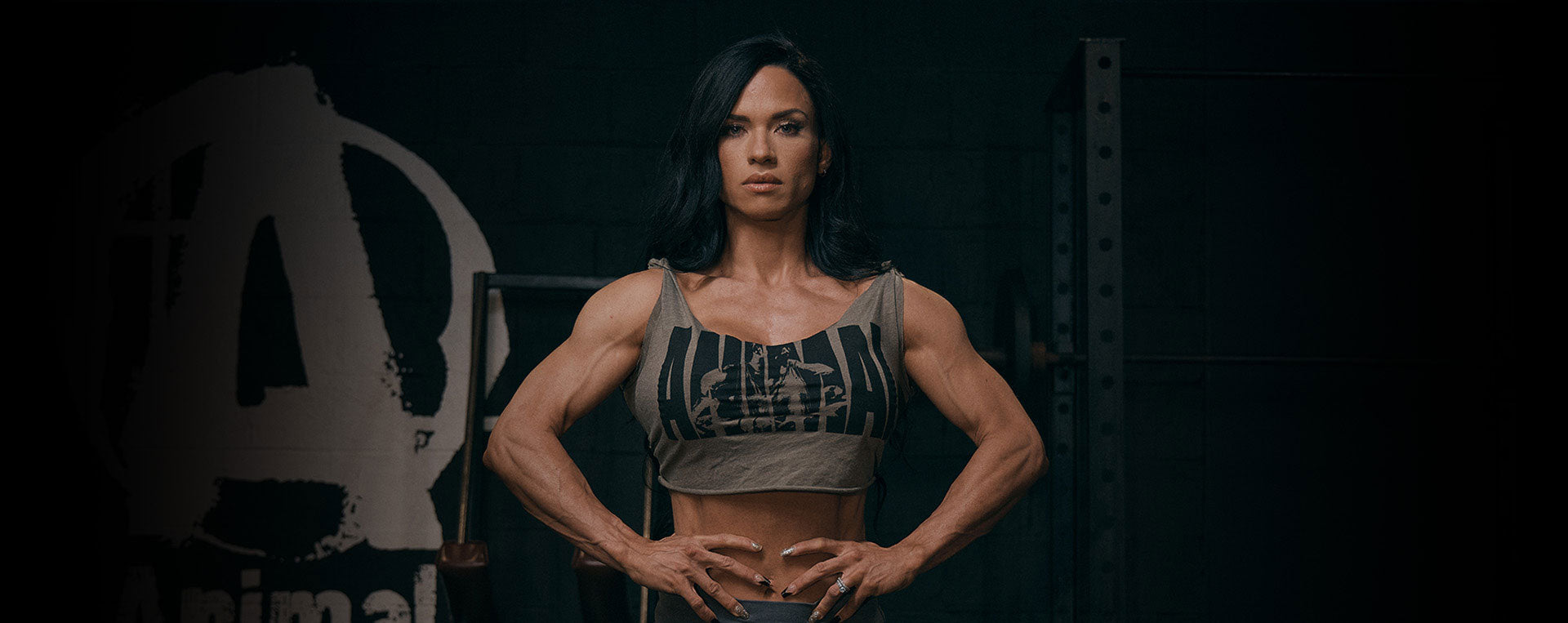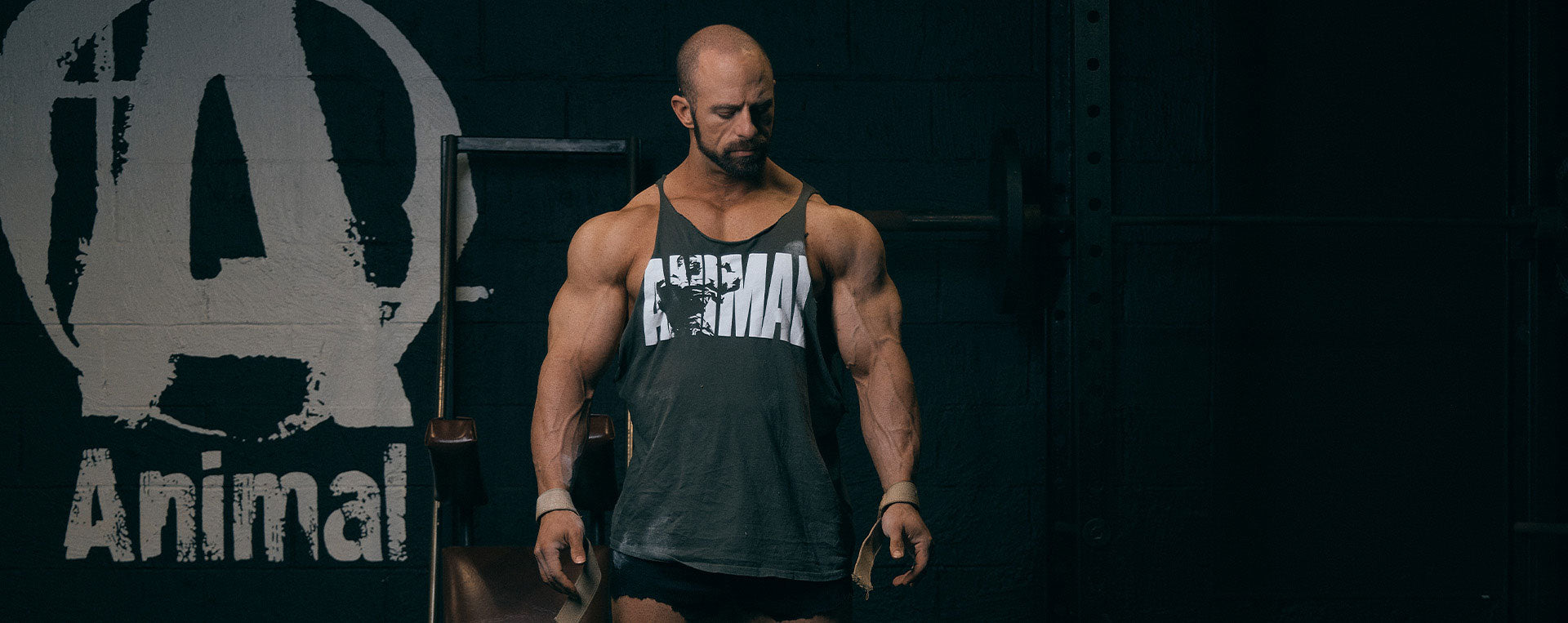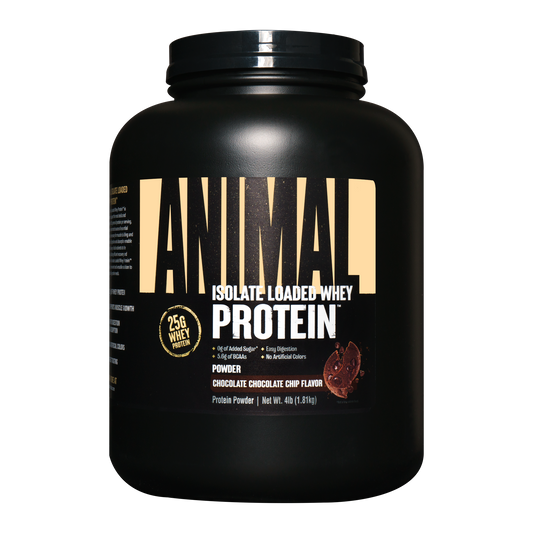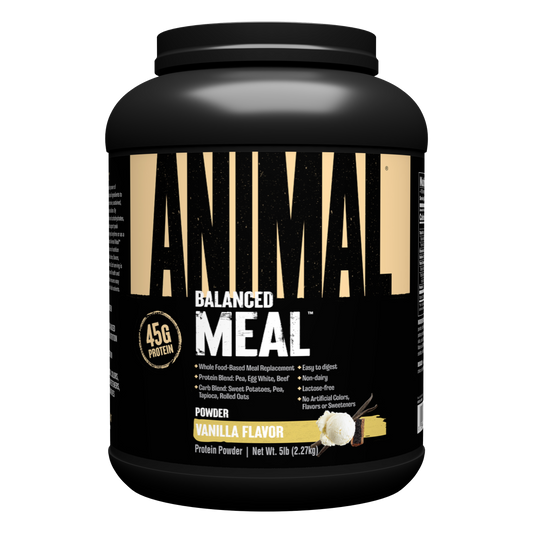Ramadan is the ninth month of the Muslim year. During this time a strict fast of fluid and food are observed from sunrise to sunset. Nothing can be consumed during the daylight hours, which vary based on geographical location. This will make it more challenging for some and less challenging for others based on total hours of daylight. Fasting in general can be challenging for the Muslim athlete or bodybuilder. However, some easy dietary changes can be made to mitigate the effects of the long fast.
I personally recommend changing focus away from the usual off-season goal of gaining lean mass and weight and, instead, focus on fat loss or maintaining body weight. This would be a more appropriate approach given the restrictions. It is just too difficult to consume a large enough amount of food in such a short period of time to support muscle gain. Below I will outline basic steps to modify your current plan to the daylight fasting schedule. These steps outlined are not set in stone and might not be optimal for everyone. This is just to give you some direction and tips to help you with your nutrition-related goals during the fast.
The first step is to get an average of your daily totals of carbohydrates, proteins, fats, and fluid intake. Once you have your macronutrient totals, divide them into 3 or 4 feeds. These feeds will be implemented right at sunset, starting with meal 1 and 2. These meals will be consumed roughly 2 hours apart. Meals 3 and 4, if you decide on 4 feeds, will be upon waking early before the sunrise 1 to 1.5 hours apart.
For example, if you are eating 400g carbohydrates, 250g protein, 80g of fat, and 3000 ml fluid per day, the meal breakdown over 4 feeds would be 100g carbs, 62g protein, and 20g fat. As far as fluid is concerned, you would drink mostly before and after meals with some during. Below is a rough outline of what 3 feeds per day would look like under those times for sunrise and sunset.
3 Meals Per Day Ramadan Fasting Restriction
8:30 pm / 20:30 hours (sunset)
8:35 pm / 20:35 hours - 500 ml fluid
8:45 pm / 20:45 hours - Meal 1 + 250 ml fluid
*250 ml fluid 30 mins post meal 1*
10 pm / 22:00 hours – Train
*500 ml fluid during and after training*
11:30 pm / 23:30 hours - Meal 2 + 250 ml fluid
SLEEP 12 am / 2400 hours > Wake 415 am / 0415 hours
*upon waking consume 500 ml*
4:45am / 04:45 hours - Meal 3 + 250 ml
5:00 am / 05:00 hours (Sunrise)
Go back to sleep after meal 3
PER MEAL for 3 MEALS
- 130g carbs (rounded)
- 85g protein (rounded)
- 25g fat (rounded)
TOTAL FLUID: 3000 ml
Special Considerations for Food Selection
The first meal of the day should consist of easily digestible carbs and proteins. This will be important especially if you will be training soon after that meal. Avoiding veggies in this meal might also be a consideration based on digestion from total fiber intake. The typical chicken, rice, and olive oil meal would be appropriate.
The second meal, whether it is post workout or not, should not contain the traditional fast-digesting proteins such as whey and carb powders. The focus should be on eating a balanced meal with nutrient dense foods given the limited number of feeds per day. Eating a full meal with proteins, fats, and nutrient dense carbs which tend to be higher in fiber is important in order to get the required micronutrients.
There is no perfect solution to combat such a long fast. It is about making the best of your situation with daylight hours, nutrition, training, and sleep. Sleep is very important so we cannot stay up all night eating. The key will be to balance nutrition, sleep, and training with the daylight fast. So please remember not to compromise your sleep just to get in more food.







